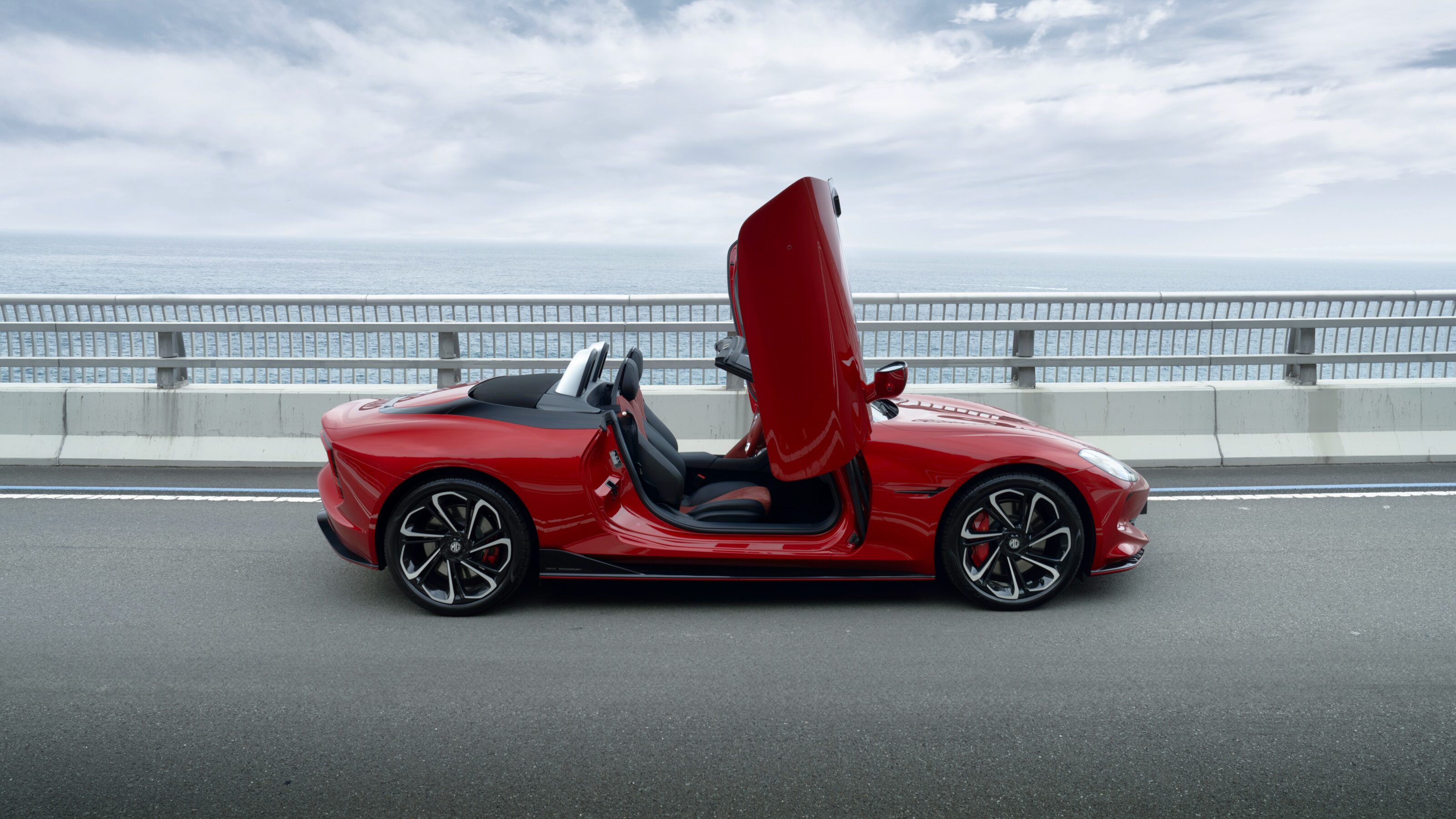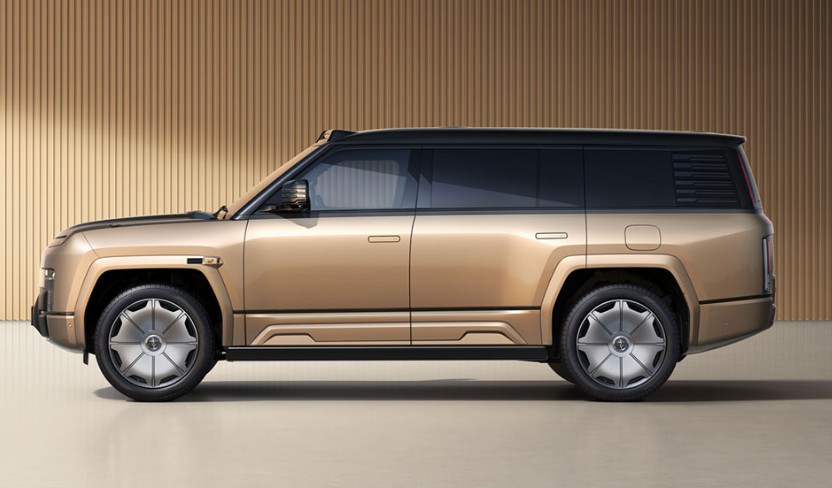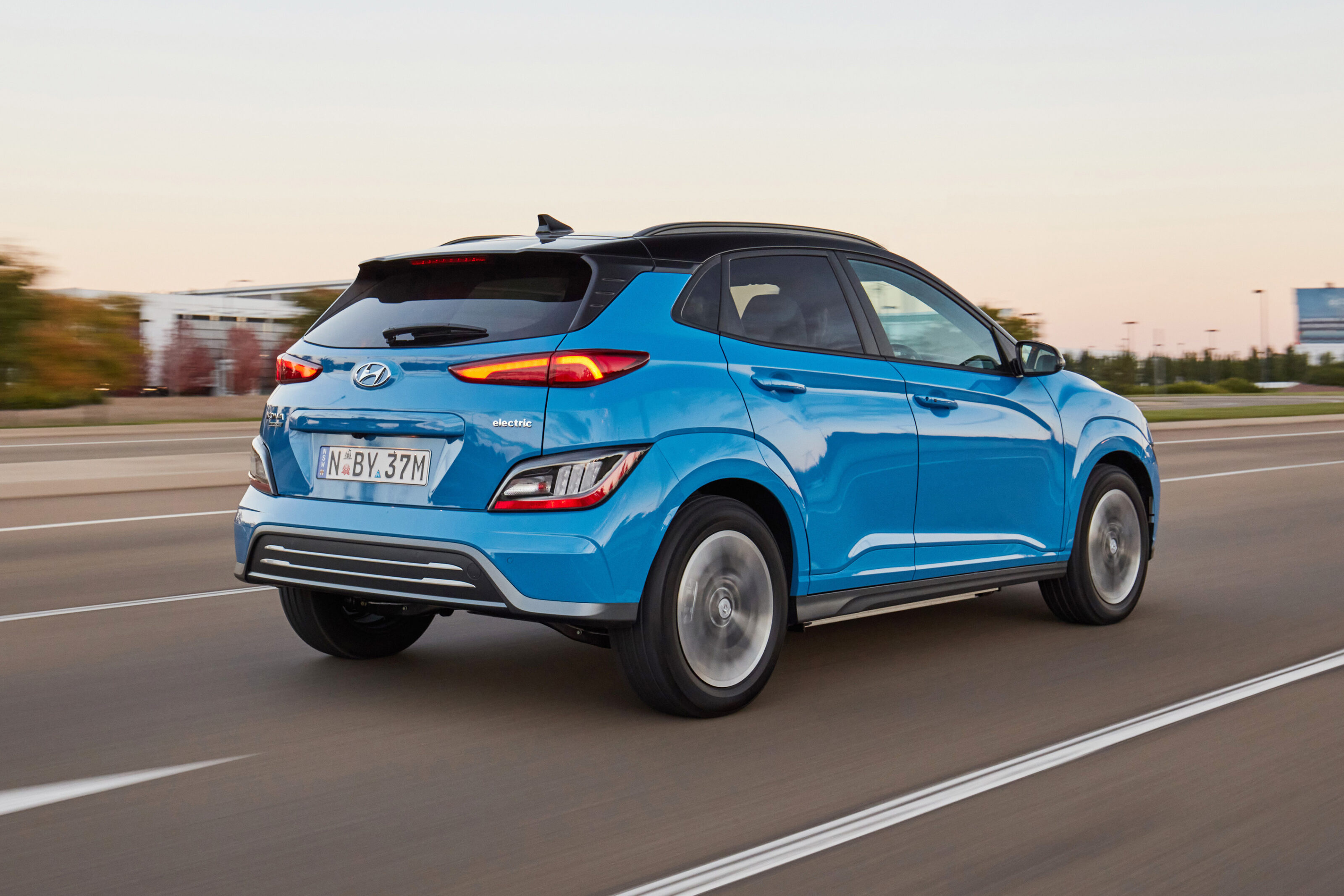
Electric cars can be cheaper to run than their petrol- and diesel-powered counterparts, but only if you’re in a country with friendly policies.
While one study found Australians could be waiting up to 16 years to reap any cost benefit from driving an electric vehicle (EV), a similar study out of Germany found many battery-powered cars are cheaper per kilometre driven than models fitted with combustion engines.
In a comparison of costs and emissions over an 18-year period, research conducted by Compare the Market showed a Hyundai Kona is cheaper to run with a petrol engine than it is with an electric powertrain.
The Kona is one of the few cars available to be purchased as either a fully-electric or petrol-only model in Australia – while in other markets, the Hyundai can be optioned with either a petrol-electric hybrid engine, or a mild-hybrid diesel engine.
Europe’s largest motoring association, the General German Automobile Club (ADAC), compared all variants of the Kona, and found the pure-electric model was cheaper to run than all other powertrain options over 10,000, 15,000, 20,000, and 30,000 kilometres.
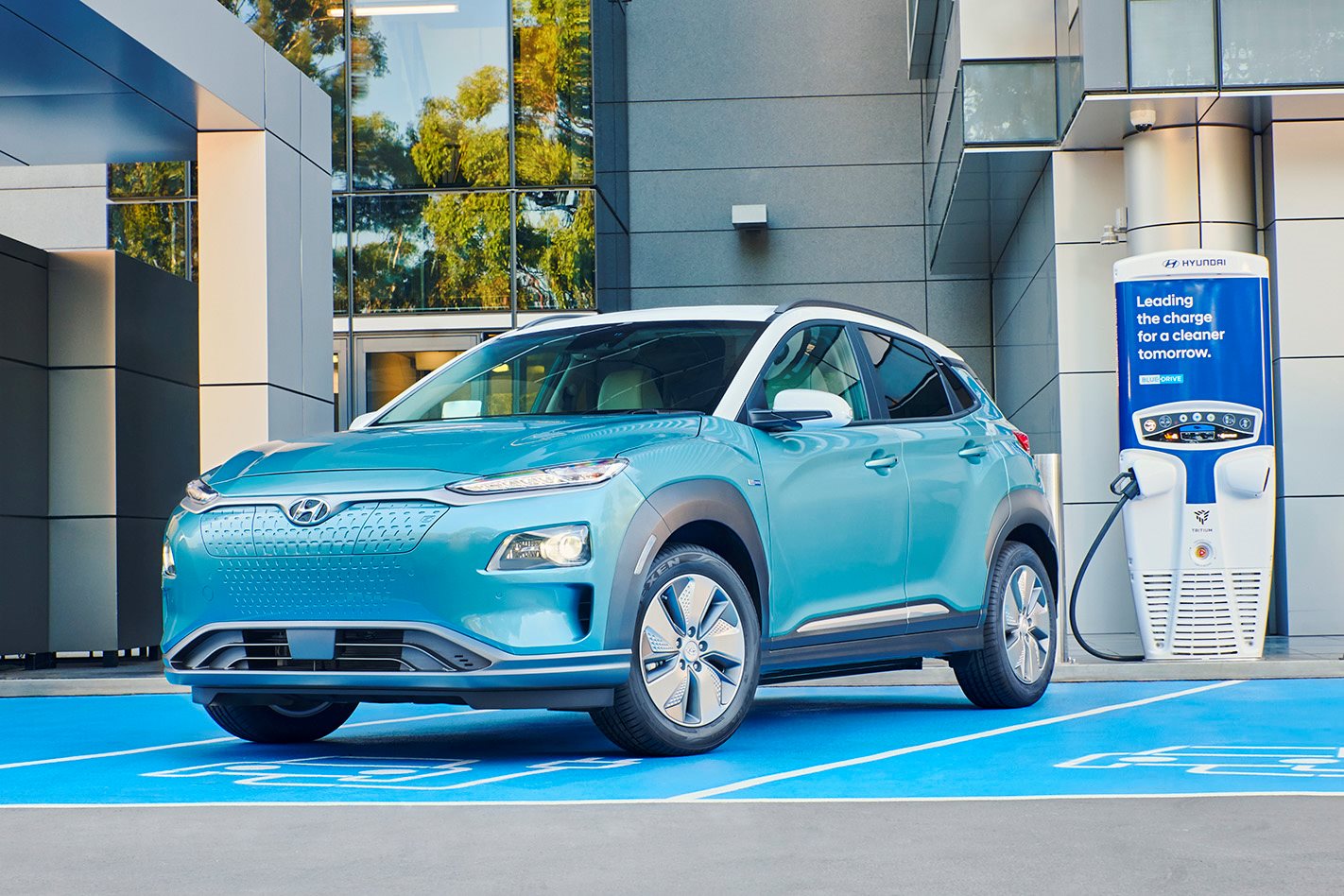
However, ADAC found that if a discount of 15 per cent was applied to the cost of the petrol-powered Kona, it would be overall cheaper to run per kilometre than its battery-powered version.
The discrepancies appear to mainly lie at the feet of government policy. In Germany, new-car buyers enjoy a €9000 (AU$14,000) rebate when purchasing an EV, as well as other tax and registration incentives.
By comparison, Australian EV buyers can pay as many as four taxes before the vehicle has left the dealership – and that’s not even taking into account registration fees and state-based road-user charges.
Brand-new cars are hit with a federal tariff when they land in Australia – excluding those from countries we share a free-trade agreement with, such as Japan and South Korea – before GST and stamp duty are applied.
For fuel-efficient vehicles above $79,659, buyers also pay a 33 per cent Luxury Car Tax for every dollar above the threshold. That figure drops to $69,152 for cars with fuel consumption ratings above 7L/100km.
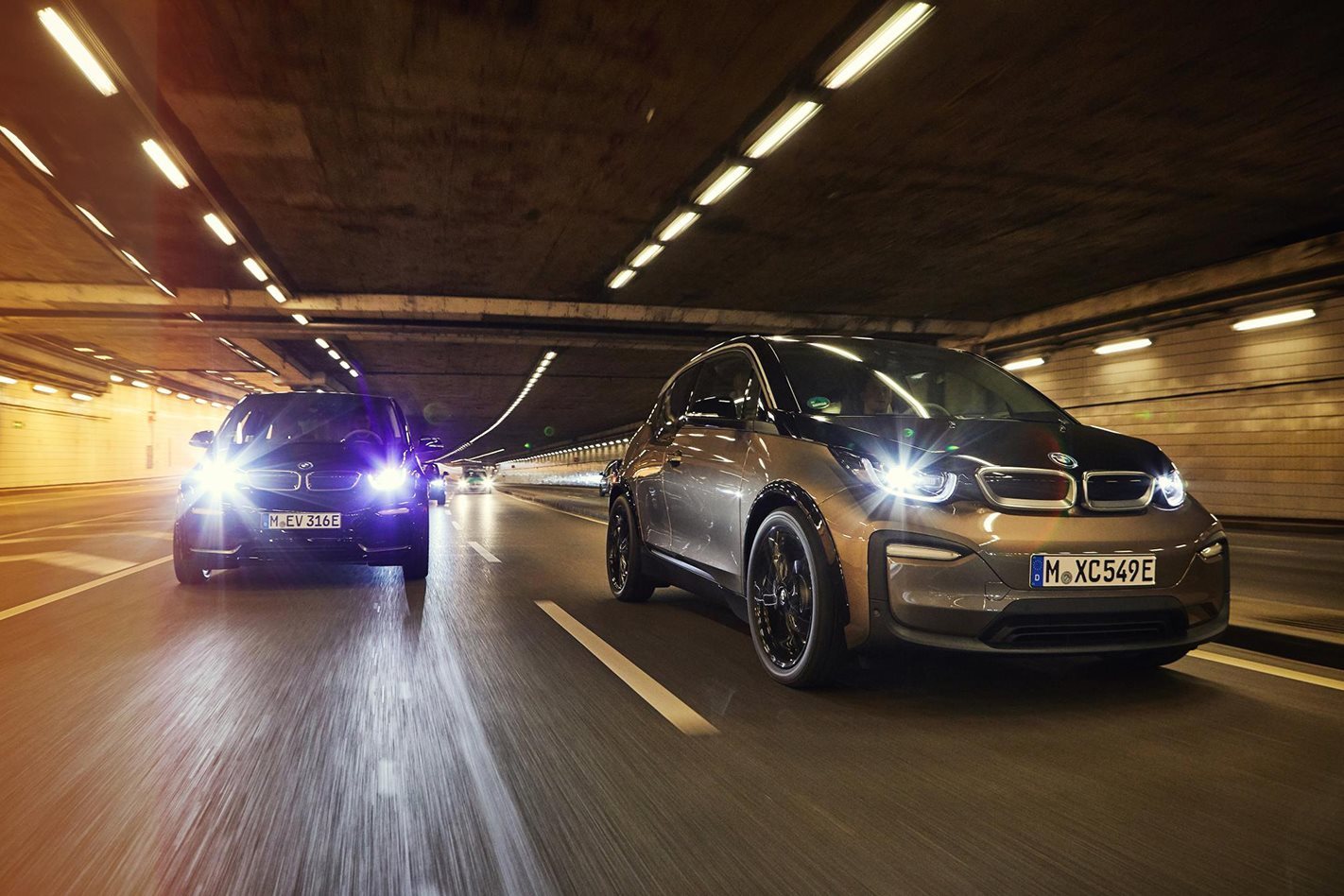
In July, the Victorian Government also introduced the ZLEV (zero- and low-emission vehicle) road-user charge, requiring owners of electric and plug-in hybrid cars to report their odometer readings, who are then charged at 2.5c and 2c per kilometre respectively.
At the time, the road-user charge was justified as a way to recoup lost revenue from the federal fuel excise – though Victorian plug-in hybrid owners now pay both taxes.
A group of 25 businesses and environmental organisations, including Hyundai, Volkswagen, and Uber, labelled the move the “worst electric vehicle policy in the world”.
As part of a $100 million package to help encourage the take up of zero-emission vehicles, the Victorian Government has provided a $3000 subsidy for EVs costing up to $68,740, limited to 20,000 purchases made before June 30, 2024.
“The incentives package for electric vehicles is consistent with actions being taken by governments across the world. However, it does bring into question the decision of the Victorian Government to also introduce legislation that targets a road-user charge on electric and plug in hybrid vehicles,” Tony Weber, Chief Executive of the Federal Chamber of Automotive Industries, said at the time.
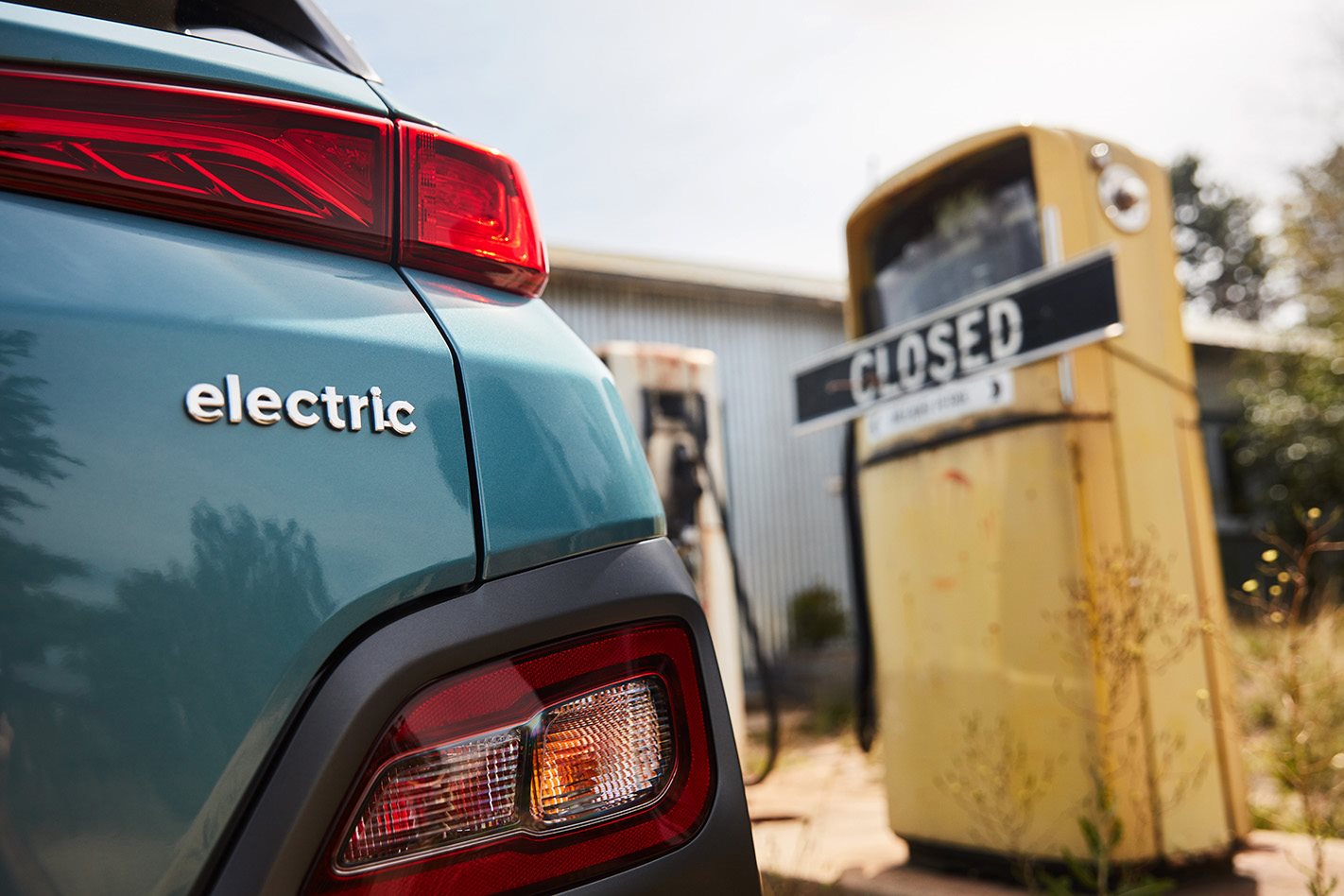
“Road user charging decisions should not be based around specific technologies and particularly those that are in their relative infancy in the Australian market.”
Meanwhile, nearly 80 per cent of all cars sold in Norway during September were fully-electric, according to Reuters, with the achievement credited to the country’s policy of exempting EVs from taxes. It’s expected the country will achieve 100 per cent EV sales in early 2022.
But while the cost benefits of electric vehicles continue to be debated, the Australian study found EVs beat combustion vehicles for overall emissions output within two years, despite higher emissions being produced in the manufacture of EVs.
We recommend
-
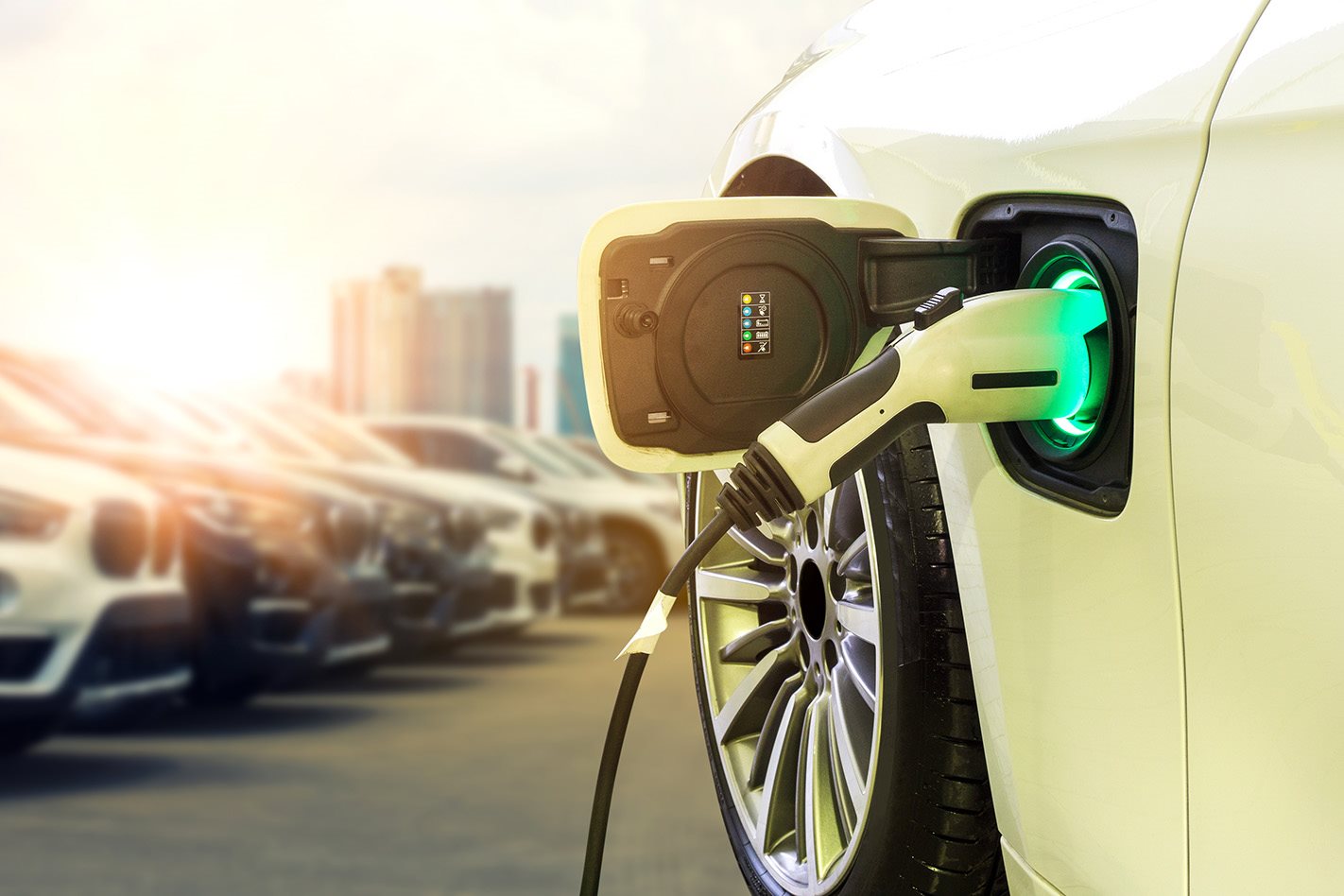 News
NewsElectric Vehicle Council slams 'flaccid' Federal EV strategy
The Morrison Government has again ruled out EV subsidies in favour of encouraging companies to electrify their vehicle fleets
-
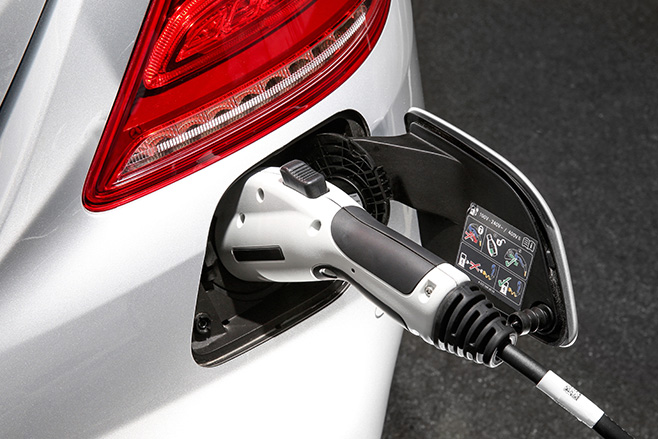 News
NewsVictorian Govt wants 50% of state's vehicles to be EVs by 2030
The new policy has been welcomed, but also approached with caution by industry bodies which think the target may be a bit "ambitious"
-
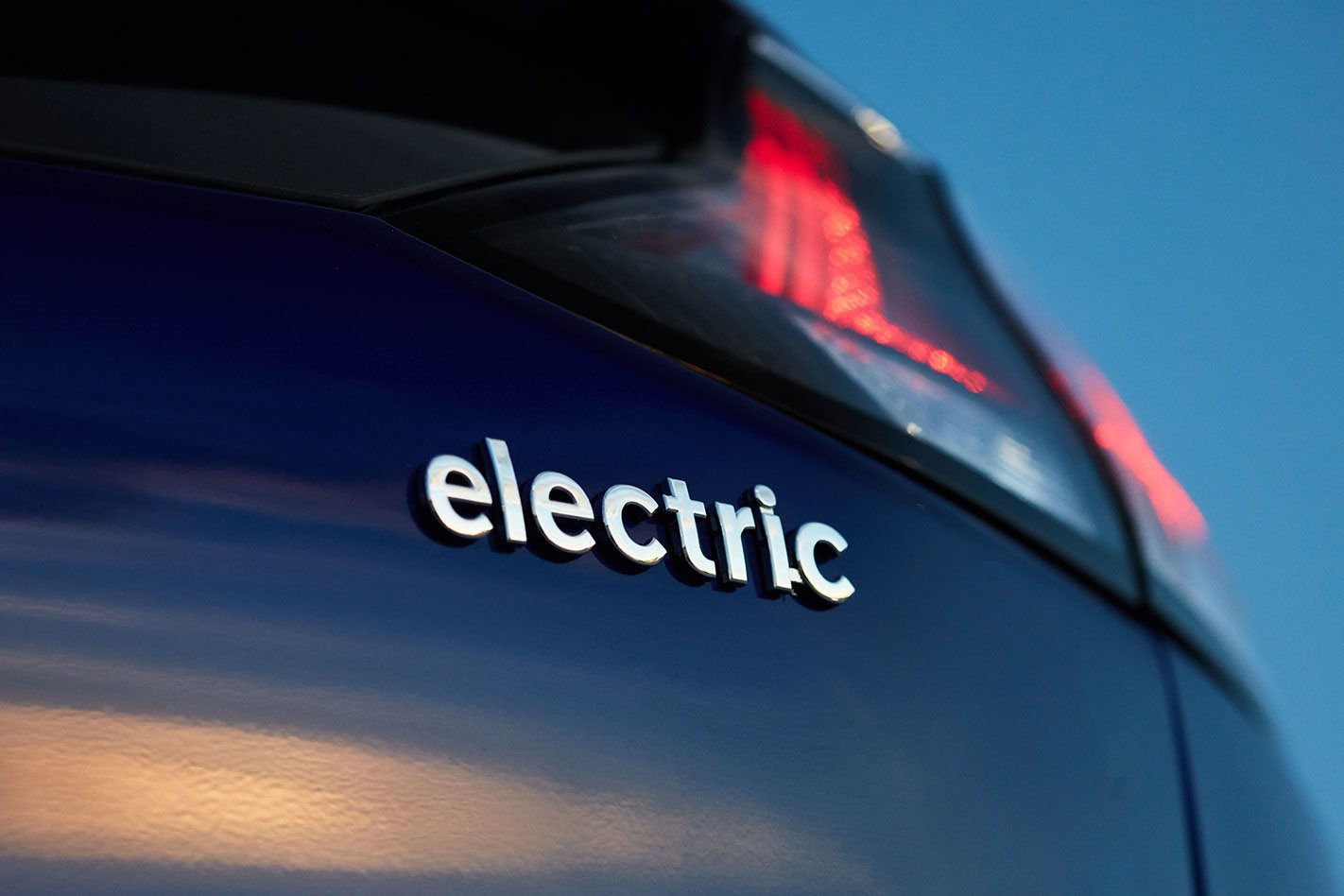 News
NewsState and Federal Governments butt heads on EV Policy
Lacking an effective EV policy at the national level, the states are filling the void with a range of policies – and none are afraid to speak on the federal government's failings



